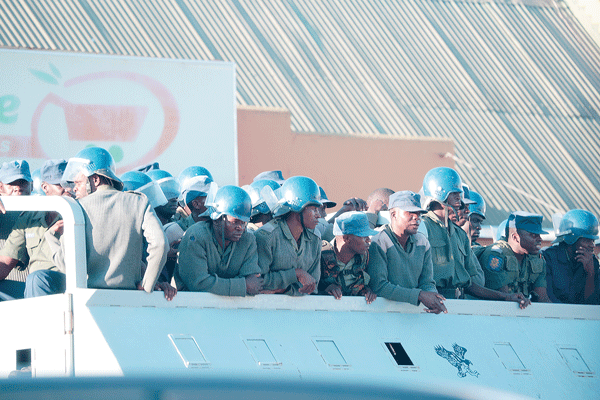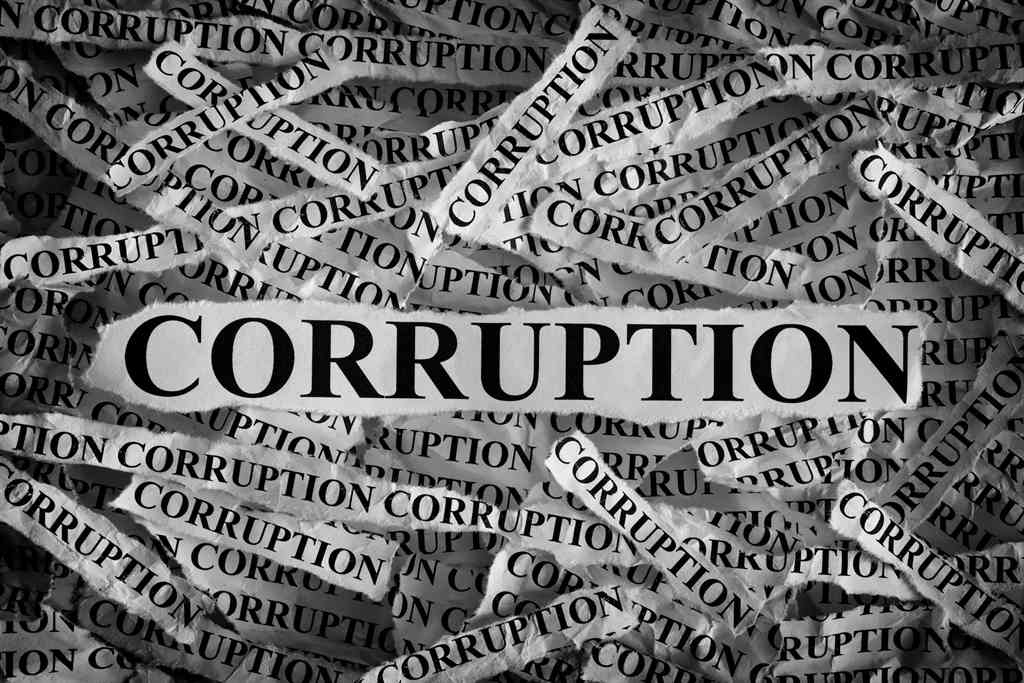
By Mohamed Suma
Introduction
Zimbabwe has commenced a critical transitional justice journey after years of colonialism, dictatorship, oppression, and political violence. In 2013, the country adopted a new Constitution and in pursuant of Section 251 of same, a National Peace and Reconciliation Commission (NPRC), established on 18 December 2015. The decision to establish the NPRC was a significant milestone to address legacies of serious past human rights violations, creating healing and peaceful co-existence. In 2018, the country held its first post-Mugabe elections, generating hope for accountability and social cohesion. But the challenges of accountability and peacebuilding still linger while Zimbabwe tries to design a system to enrich the country’s human rights and democratic culture.
Much of Zimbabwe’s history has been characterized by years of violence, beginning with the resistance by the black majority of the oppression and deprivation of land by British colonialists. This culminated into fifteen years of struggle for independence that was subsequently gained in April 1980, with Robert Mugabe emerging as Prime Minister.
Before and after the new government was put in place, several amnesties were taken, in particular the 1975 Indemnity and Compensation Act granted amnesty to the police force, civil service and Central Intelligence Organization (CIO) members for offences committed in the past and for those anticipated.
In 1979 and 1980, the transitional government granted Amnesty Ordinances.
However, the violence continued after Mugabe ascended the premiership. In January 1883, he sent the 5thBrigade to Matabeleland South, Matabeleland North and Midlands provinces to raid communities supporting the opposition party Zimbabwe African People’s Union (ZAPU) According to a report from the Zimbabwean Catholic Commission for Justice and Peace (CCJP) and the Legal Resources Foundation published in 1997,these raids referred to as Gukurahundi, resulted in the “killings of thousands of civilians, the beatings of entire villages and the rape and torture of many innocent individuals [which] were carried out as part of a planned strategy”. Approximately 20,000 deaths have been related to the Gukurahundi.
In 1988, with ZAPU demoralized and no longer perceived to be a threat, a General Notice (GN) 257/A/1988 was published granting amnesty to perceived “dissidents”, collaborators and members of ZAPU. In 1990, the 1988 amnesty was renewed, but this time including the state’s uniformed forces that had been responsible for Gukurahundi.
- Chamisa under fire over US$120K donation
- Mavhunga puts DeMbare into Chibuku quarterfinals
- Pension funds bet on Cabora Bassa oilfields
- Councils defy govt fire tender directive
Keep Reading
Human rights violations continued under Mugabe’s government, including imprisonment, enforced disappearance, murder, torture and rape. Targets were mainly primarily political opponents and aid workers. Several amnesties followed in 1993, 1996 and 2000. The latter benefited ZANU-PF supporters who were implicated in politically motivated violence against opposition supporters.
By 2000 Mugabe lost the support of the West, which sought to punish him for his human rights records, as such sanctions against him weakened his economy. The sanctions led to hyperinflation of almost 231 million percent, leaving 80% of the population unemployed and crashing the national health system.
In 2008, the campaign for presidential elections was marked by state-sponsored violence against supporters of the opposition Movement for a Democratic Change (MDC). The security services and ZANU-PF militia perpetrated human right violations such as arbitrary arrests and detentions and enforced disappearances.
To stabilize a deteriorating situation, in September 2008, President Mugabe and both heads of the MDC factions, Morgan Tsvangirai and Arthur Mutambara signed the Global Political Agreement (GPA) which came into effect in February 2009 and established a unity government in which Mugabe remained as President and Tsvangirai became Prime Minister.
Mugabe remained in power until he was forced to step down by his party in 2017. Subsequently, his deputy Emmerson Mnangagwa` was sworn in and he retained the position after the 2018.
A conversation is therefore due, on the question of amnesty and whether it is pragmatic to effect it as a healing and reconciliation mechanism within the context of Zimbabwe. This is mirrored against the background of more than three decades of massive human rights violations, the existing socio-political sensitivities and the need for the country to heal and confidently face the future. The upcoming Symposium to be hosted by the National Transitional Justice Working Group (NTJWG) will give Zimbabweans an opportunity to critically examine case studies of countries that have gone through similar transitions and use the lessons learnt from them to provide pragmatic, country specific and actionable recommendations for Zimbabwe and see if this can assist in saying Never Again to violence.
Mohamed Suma is the Head of Office for the International center for Transitional Justice (ICTJ) Cote d’Ivoire Country Program. I wish to thank Julie Chantelot and Pauline Gagliardini for conducting the background research for this paper. All errors are the author’s alone. He is one of the presenters at the upcoming Transitional Justice Policy Symposium to be hosted by the National Transitional Justice Working Group (NTJWG) in Bulawayo from 21 to 23 November 2018. Follow the proceedings on www.ntjwg.org.zw/symposium.html or www.facebook.com/ntjwg #NeverAgainZw











